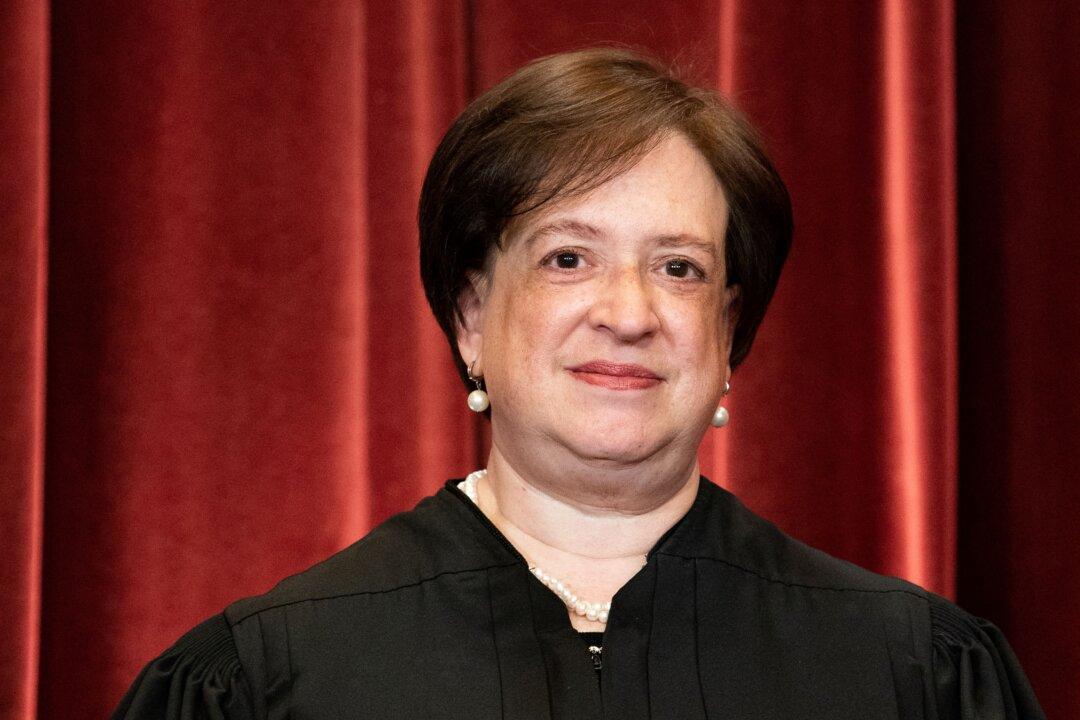The Supreme Court ruled 8–1 against journalists seeking documents from a financial control board in Puerto Rico created to deal with the U.S. commonwealth’s fiscal troubles.
The majority opinion in the case, Financial Oversight and Management Board for Puerto Rico v. Centro de Periodismo Investigativo Inc., court file 22-96, was released May 11 and written by Justice Elena Kagan (pdf). Justice Clarence Thomas filed the sole dissenting opinion.





